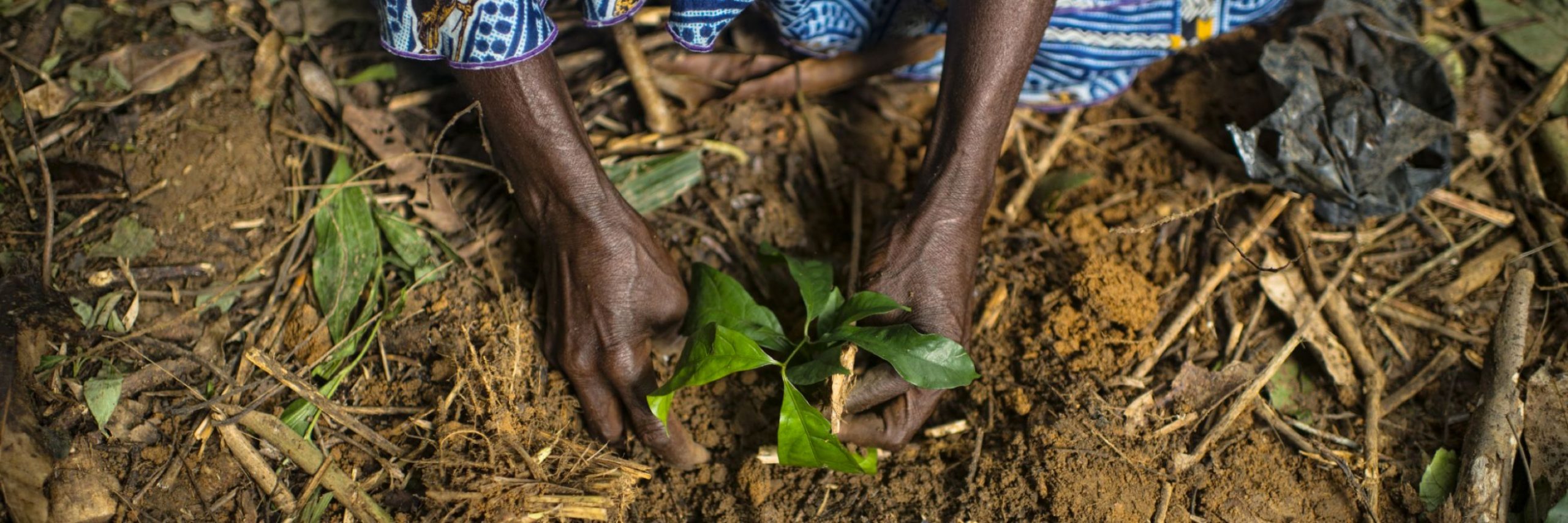Duration of engagment
Medium-Long (1-5 years)
Cost
($)
Sharing knowledge and experience
($$)
Funds to conduct farmer baseline assessment, if needed
($$)
Processes to implement FPIC, when needed
($$)
Funds to support implementing agencies that coordinate and conducting farmer training and extension
($$)
Staff time to conduct farmer trainings
($$)
Monitoring and evaluation
($$$)
Resources and supplies provided to farmers (e.g. harvesting equipment, seed, fertilizer)
In the real world
Company support for farmers to improve production practices is not new. Yet these efforts are too often disconnected from broader landscape/jurisdictional strategies. The following examples include cases in which companies took important action in the absence of agreed or clearly articulated L/JI goals and priorities. If undertaken in the context of an L/JI, such actions could leverage partners’ efforts and help to deliver significantly greater impacts.
Training smallholders to reduce deforestation
Unilever helps Indonesian oil palm farmers improve management practices in several jurisdictions. The company funds project implementers to help certify smallholders to the Roundtable on Sustainable Palm Oil (RSPO) standard. That process involves mapping and surveying smallholders, identifying gaps to obtain certification, securing the required land titles and business permits, providing personal protective equipment, training on Good Agricultural Practices, socializing expectations around no deforestation, peat, and exploitation, and building farmer groups and internal control systems. Unilever also buys the RSPO credits smallholders generate once they are certified. Examples include:
a. In the Kotawaringin Barat district of Central Kalimantan province, the company has partnered with the district and provincial governments, Earth Innovation Institute, and Yayasan Inovasi Bumi to advance jurisdiction-wide palm oil certification across the village of Pangkalan Tiga. Unilever provides capital to establish extension services for certifying smallholders, secure agreements for certified products, and incentivize sustainable production. By the end of 2017, the project had certified 190 independent smallholders under the RSPO and Indonesian Sustainable Palm Oil standards and is targeting over 1,000 more.
b. In the Indragiri Hulu and Indragiri Hilir districts of Riau province, Unilever partnered with Daemeter, World Education International, an independent palm oil mill, and surrounding independent smallholders to improve smallholder yields. Company funds enabled the mapping of 4,000 farmers, training of 1,864 at Farmer Field Schools, and hiring 26 Farmer Facilitators. Farmers learned Good Agricultural Practices, and gained awareness on no deforestation, peat, and exploitation objectives, while still improving productivity.
c. The Coalition for Sustainable Livelihoods (CSL) is a multi-stakeholder initiative in Aceh and North Sumatra provinces aimed at driving economic development, reducing poverty, and improving natural resource management. Unilever is supporting the CSL by engaging their palm oil suppliers and funding Conservation International and the regency government of Tapanuli Selatan in North Sumatra to train 1,000 smallholder farmers at a sustainable palm oil field school. Lessons focus on Good Agricultural Practices for oil palm production as a step toward achieving RSPO certification. (Unilever is also supporting restoration in this landscape – see “Support landscape restoration in line with L/JI objectives”).
Building capacity for greener farms
Musim Mas and IFC lead a large Indonesian program that, by 2020, targets 20,000 smallholders for outreach 2,000 for capacity building to achieve RSPO certification. In the regency of Aceh Singkil, General Mills and Musim Mas are collaborating to create a ‘Smallholder Hub’ that trains smallholder palm oil farmers in Good Agricultural Practices, business management, and practices that avoid deforestation and degradation of peat soils. General Mills will fund half of a two-year program that targets 1,000 smallholders. To expand the program’s reach Musim Mas will train government extension officers who will then in turn train smallholders. Musim Mas aims to establish additional Smallholder Hubs to facilitate companies combining their resources and expertise to train farmers.
Investing in ranchers to shrink cattle’s forest footprint
Sao Marcelo Farms, a large livestock seller in Mato Grosso, Brazil, is working with Carrefour and IDH to engage its calf suppliers to improve quality, intensify production, conserve forests, and comply with environmental and land use laws. This work is carried out under the PCI Regional Compact in the Juruena River Valley – a regionalization of Mato Grosso’s statewide Produce, Conserve, Include (PCI) initiative. In 2018, Carrefour entered into a three-year partnership with IDH to increase sustainable cattle production in the Juruena and Araguaia valleys, where the company’s foundation is investing EUR 1.9 million in 450 ranchers who will intensify cattle production on smaller land footprints, restore degraded pasture, access credit, and comply with Brazil’s Forest Code.
Custom-tailored training for cocoa farmers in the field
Three dozen leading cocoa and chocolate companies are engaging the governments of Côte d’Ivoire and Ghana through the Cocoa & Forests Initiative—an agreement and accompanying action plan to end deforestation from cocoa production and reforest degraded landscapes. Under CFI action plans, companies directly provide or finance the training of cocoa farmers in Good Agricultural Practices and Climate-Smart Agriculture in Cocoa. For instance:
a. Cargill Farmer Field Schools bring community facilitators to train groups of farmers in the field for seven months of demonstrations, idea sharing, and field practices that enhance climate resilience. Cargill also offers one-on-one coaching to help farmers develop digital Farm Development Plans to improve their long-term financial planning and has established seedling nurseries for native tree species to provide stocks for transplanting onto farms.
b. Touton uses its Rural Service Centre (RSC) model in Ghana’s Ashanti and Brong Regions to introduce farm-level training, professionalization, coaching on climate-smart principles, and support in creating Farm Development Plans. Together with Solidaridad, the company uses an app that standardizes the farmer engagement process: first it sensitizes farmers on the need to professionalize farm practices in ways that increase yields and improve wellbeing; then it generates a set of recommendations tailored to each farmer’s stated aspirations regarding cocoa farming; finally, it asks whether farmers wish to enroll in the training program. RSC agronomists train enrolled farmers to rehabilitate degraded cocoa farms, properly use agricultural inputs, and develop business skills for planning investments. Touton and Rainforest Alliance implement another app, FarmGrow, which provides farmers with long-term personal coaching plans and techniques to improve cocoa yields on existing cultivated land. The app combines detailed household profile data with the agronomic status of cocoa plots to create a business plan, complete with a profit-and-loss statement tailored to the individual farm. By collecting data about farmer interests, Touton can segment and tailor the support it provides and more effectively direct investments.
c. To inform its investments and enhance cacao agroforestry, Cémoi conducted baseline studies of farmers’ agricultural practices and perceptions of non-cacao trees. It then developed cacao-based agroforestry models, invested in nursery capacity to increase availability of seedlings for restoring forest cover on farms, trained nursery workers, established agroforestry resource centers, created demonstration plots, and trained and coached farmers on growing shade cocoa.
Training the trainers in Ghana’s forest frontline
A key strategy of Ghana’s national action plan under the Africa Palm Oil Initiative (APOI) is to eliminate deforestation associated with smallholder-grown oil palm, while helping them increase productivity by adopting Best Management Practices (BMPs). The Ghana National APOI Platform identifies Agricultural Extension Officers and Regional Crop Officers of the Ministry of Food and Agriculture as key partners who can effectively disseminate BMPs (e.g. new findings, knowledge, and techniques in managing oil palm). Since these frontline officers interact with smallholders in their daily operations, building officer capacity is crucial to achieving Ghana’s sustainability goals. Oil palm companies worked with the government and NGOs to develop a “train-the-trainer” course. The course strengthens the capacity of government officers to help farmers adopt oil palm BMPs, with regular checks to monitor progress.
Earning income from deforestation-free livelihoods
In 2018 Benso Oil Palm Plantation (BOPP), with Proforest and Partnership for Forests, developed a community-private partnership to help smallholder palm oil producers overcome challenges in Ghana’s Adum Banso traditional area. The initiative offered training and guidance on social and environmental best practice requirements in line with RSPO standards. It also worked with local NGOs to help smallholder farmers develop alternative livelihoods, so they wouldn’t clear forest frontiers for income.
Tying farmer incentives to conservation
Golden Veroleum Liberia (GVL) and IDH crafted an investment scheme that would incentivize communities to protect forests and biodiversity. Under its concession agreement with the Liberian government, the company is required to support 1ha of palm oil outgrowers – pre-contracted farmers – for every 5ha of company-managed plantation. Under the outgrower scheme, GVL and communities would develop land use plans, support community land rights, and sign production-protection agreements under which the communities would conserve 5ha of forest for every 1ha of community oil palm plantation. Outgrowers would also receive incentive payments for complying with the forest protection plan, and GVL would provide capital and technical assistance to establish the community plantations. Regrettably, the outgrower scheme has not yet materialized; changes in both the Liberian government and GVL’s management led negotiations to slow down.1
Key points for companies
A company must first determine whether the target landscape/jurisdiction has set a goal around training farmers for sustainable commodity production. If so, companies should align their efforts with the L/JI’s geographic priorities. Alignment could mean redirecting and/or expanding existing farmer training or investing in programs delivered by others. Upstream companies with capacity to engage and train farmers can take the lead, while downstream companies could provide funding and incentives for farmers to adopt best management practices.
Companies can support farmers in several ways:

Understand the dynamics that farmers confront within a given L/JI. This ensures that chosen interventions fit the context. Most farmers want to manage land sustainably but may often lack knowledge, skills, or access to money and tools that could help them do so. By understanding baseline conditions and practices, companies can better identify specific gaps that prevent farmers from increasing productivity and avoiding deforestation, and thus result in better designed and targeted interventions.
- If these gaps have not yet been defined, consider funding local partners to collect baseline data on smallholder farmers, location and quality of forest and conservation areas, location and yield of commodity production areas, and the locally relevant government policies and programs that impact farmers.
- More advanced initiatives may have already specified these gaps in an action plan jointly developed by a multi-stakeholder body that includes farmer representation. If so, consider selecting and undertaking one or more interventions that align with the identified needs.
- The most advanced initiatives may have developed their own farmer training and/or agroforestry programs to disseminate best practices. Consider funding these programs to expand the number of farmers receiving training, support technical or equipment needs, or spread awareness about the programs among farmers.
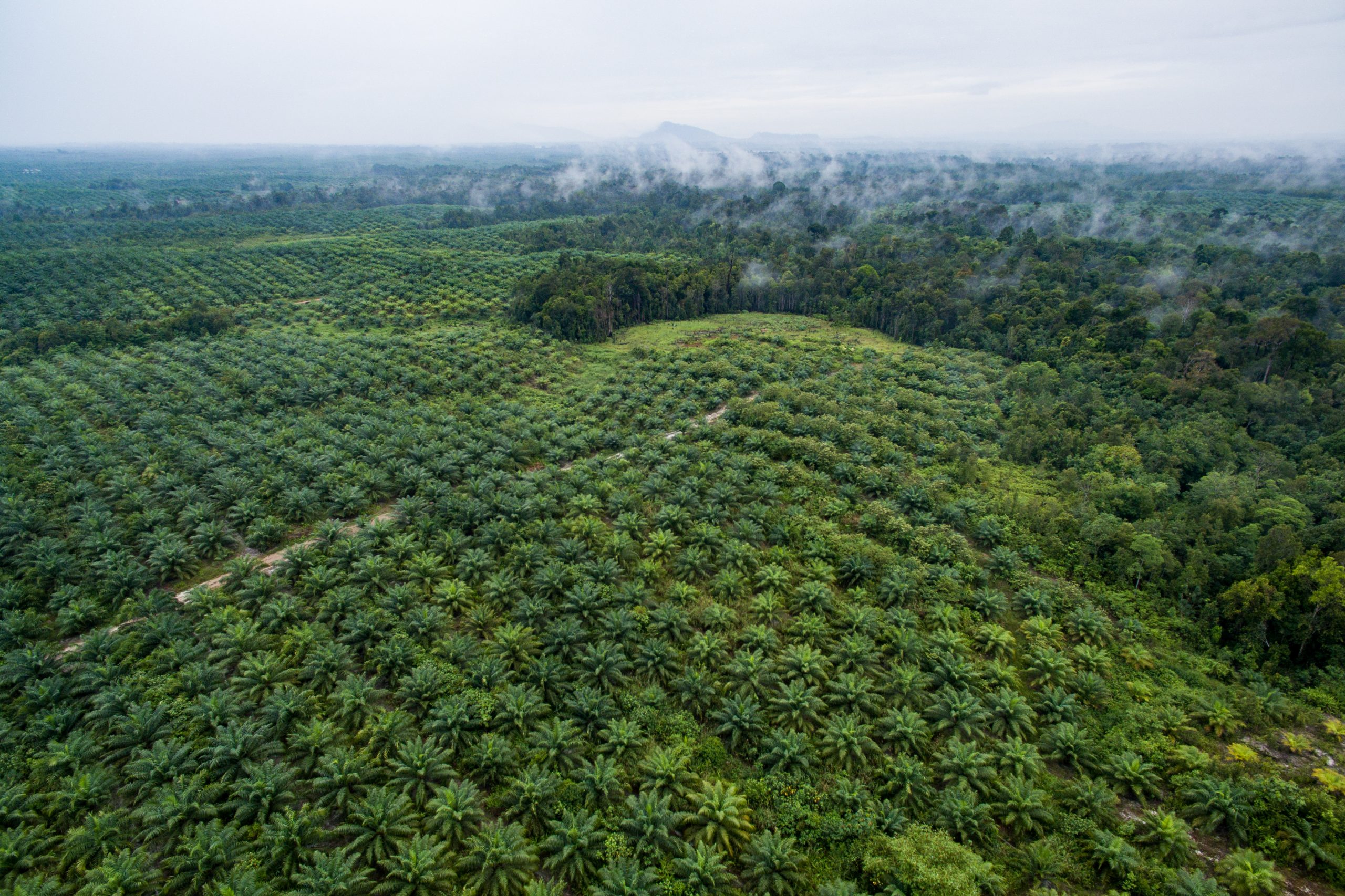
Fund training and extension programs, to help farmers overcome gaps in knowledge or skills. Too often, cocoa farmers clear forest simply due to the misconception that sun-grown cocoa trees are more productive than those grown in the shade. Likewise, rubber tappers often do not know the proper cutting angle and depth to maximize latex yield from a rubber tree. Companies at all supply chain levels can fund training and extension programs run by government agencies, civil society experts, or private service providers. Producers, processers, and traders often employ in-house agricultural experts, who could directly teach and advise farmers, or augment public extension initiatives. Companies can run courses, support logistics for training sessions, provide equipment or educational materials, and distribute high-yielding seedlings and fertilizers.
- To expand the reach of training programs, companies could compensate farmers reluctant to take time off (and forgo income) so they can afford to attend trainings.

Upstream companies should ensure farmers have access to the best available technology. Smallholder oil palm growers, for instance, often rely on inferior germplasm with yields far below those on industrial plantations; with better plant materials, they could significantly increase their incomes without needing to expand their farms.
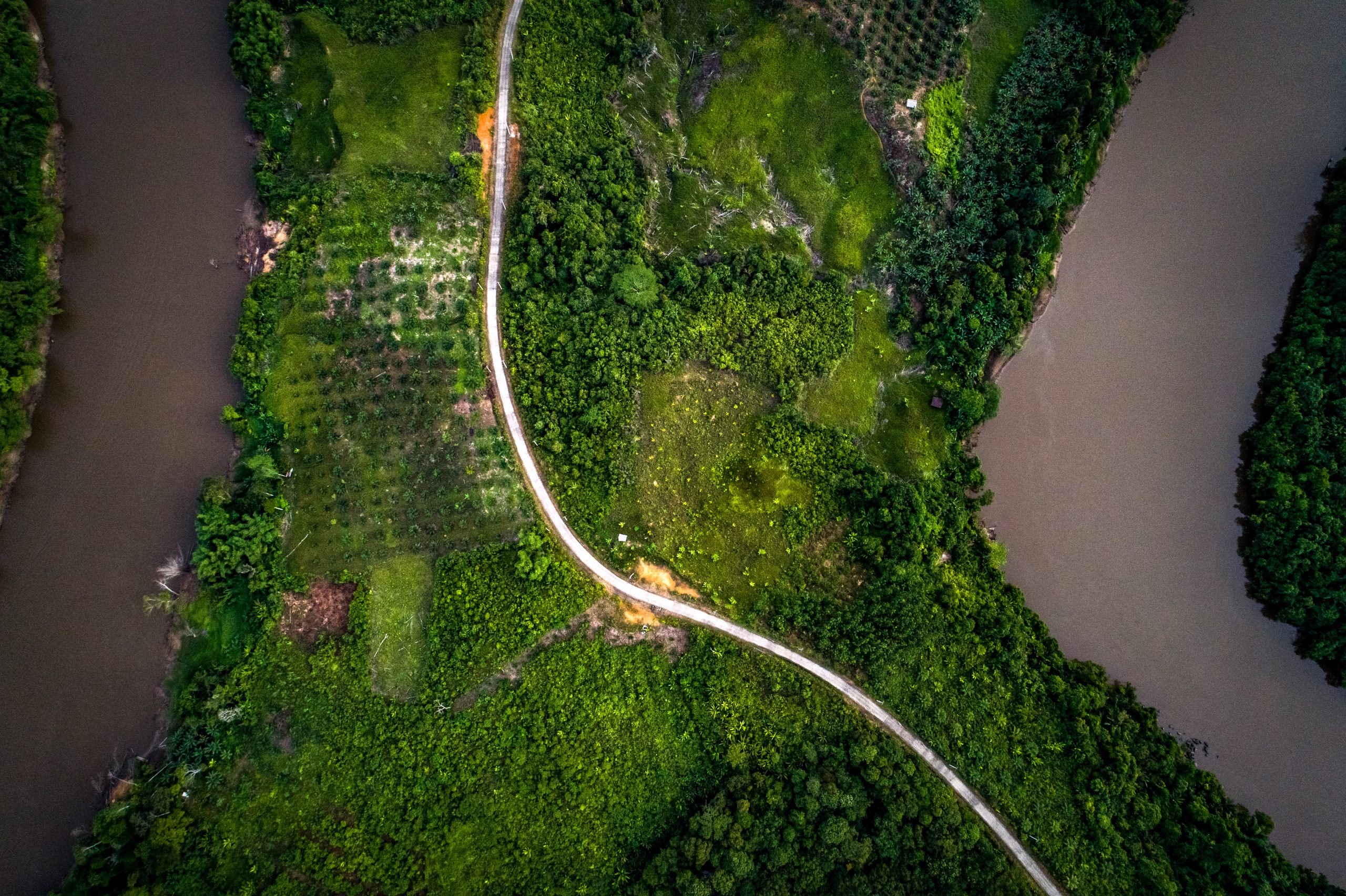
Incentivize best management practices. Rewarding uptake of good practice through preferential sourcing from performing framers, price premiums, or long-term purchase guarantees increases the likelihood that training and extension programs will create meaningful and lasting behavior change among recipient farmers.
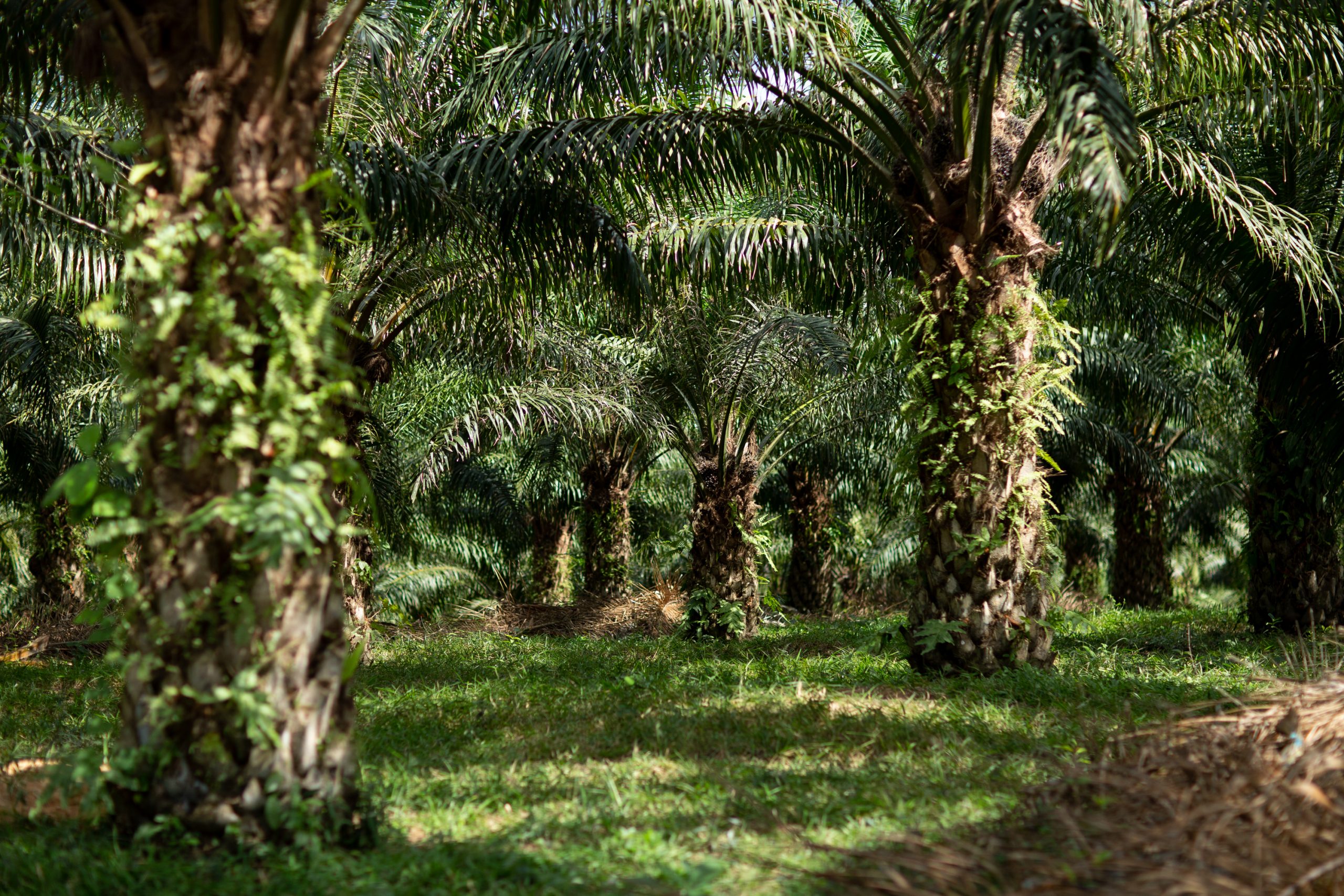
Fund or provide staff for monitoring and evaluation (M&E). M&E should measure the degree to which trained farmers adopt best management practices, and the impacts adoption has toward sustainable outcomes. Assessment will determine how effective farmer trainings are, and where to modify and improve interventions.
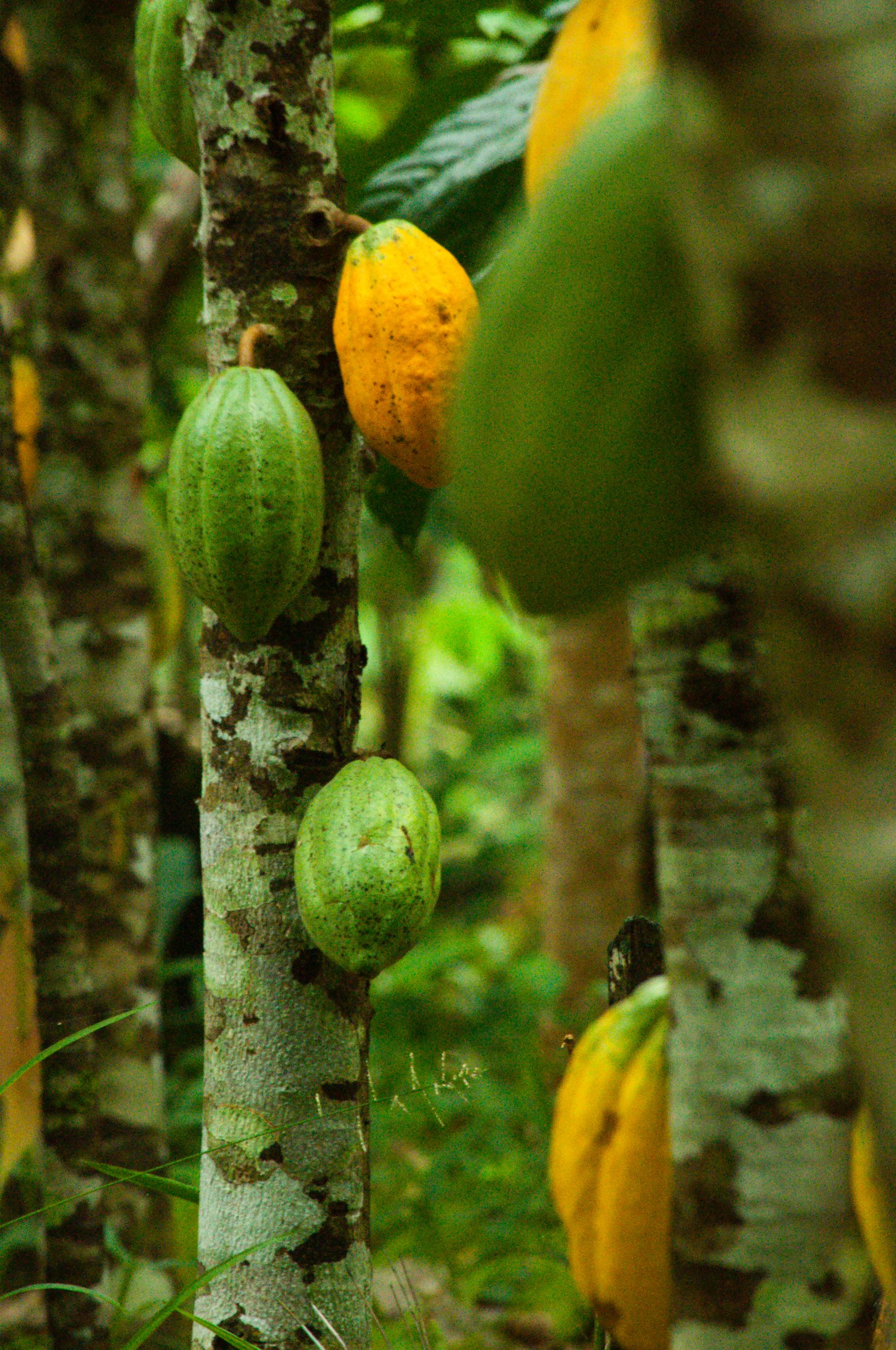
Scale the improvement of management practices. Farmers throughout a landscape/jurisdiction will benefit from access to training and tools, but an individual company can only support so many by itself. To expand the impact, a company should:
- Share its accumulated knowledge and experience—both challenges and successes—and encourage peers to support other farmers.
- Directly train or indirectly fund the training of government extension officers so they can reach more farmers. To avoid any perception of improper influence, be sure that government support responds to needs raised through multi-stakeholder consensus and is transparently overseen by the initiative’s stakeholders.
- Advocate and engage with relevant government entities to embed improved management into rural development policies.
External conditions that improve likelihood of success
- Clear priorities for farmer training, extension, and incentives have been linked to landscape/jurisdictional goals and strategy.
- Linkages between company interventions and priorities, programs, and policies of government and other partners, ensuring continued support for implementation of best practices once the company’s engagement ends.
- Farmers have granted free, prior, and informed consent to participate in any programs, activities, data collection, or polygon mapping.
- Farmers are receptive to new management practices and trust the entities who provide training and extension services.
- Initiative partners have clearly defined roles, responsibilities, and capacity to provide culturally and agriculturally appropriate training.
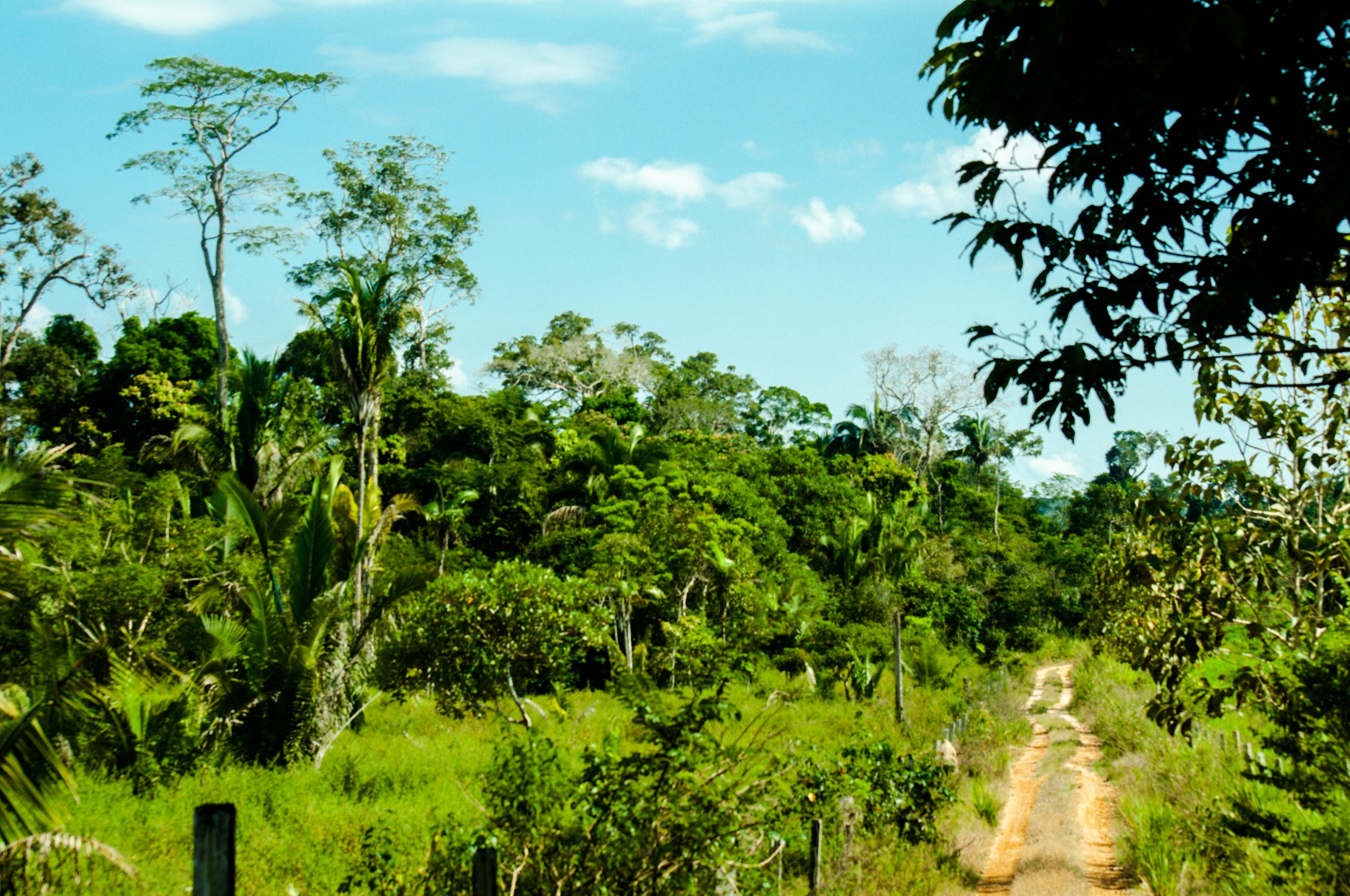
The business case for this intervention
- Helping farmers improve yields without clearing more land directly increases deforestation/conversion-free supplies with which to meet corporate sourcing commitments.
- Companies who support farmer training can cement connections with responsible suppliers who improve the company’s ability to secure deforestation/conversion-free supply in competitive regions where producers can choose to whom they sell.
- Building trust and relationships with farmers through support programs can strengthen farmers’ long-term commitment to work with the company, reducing churn.
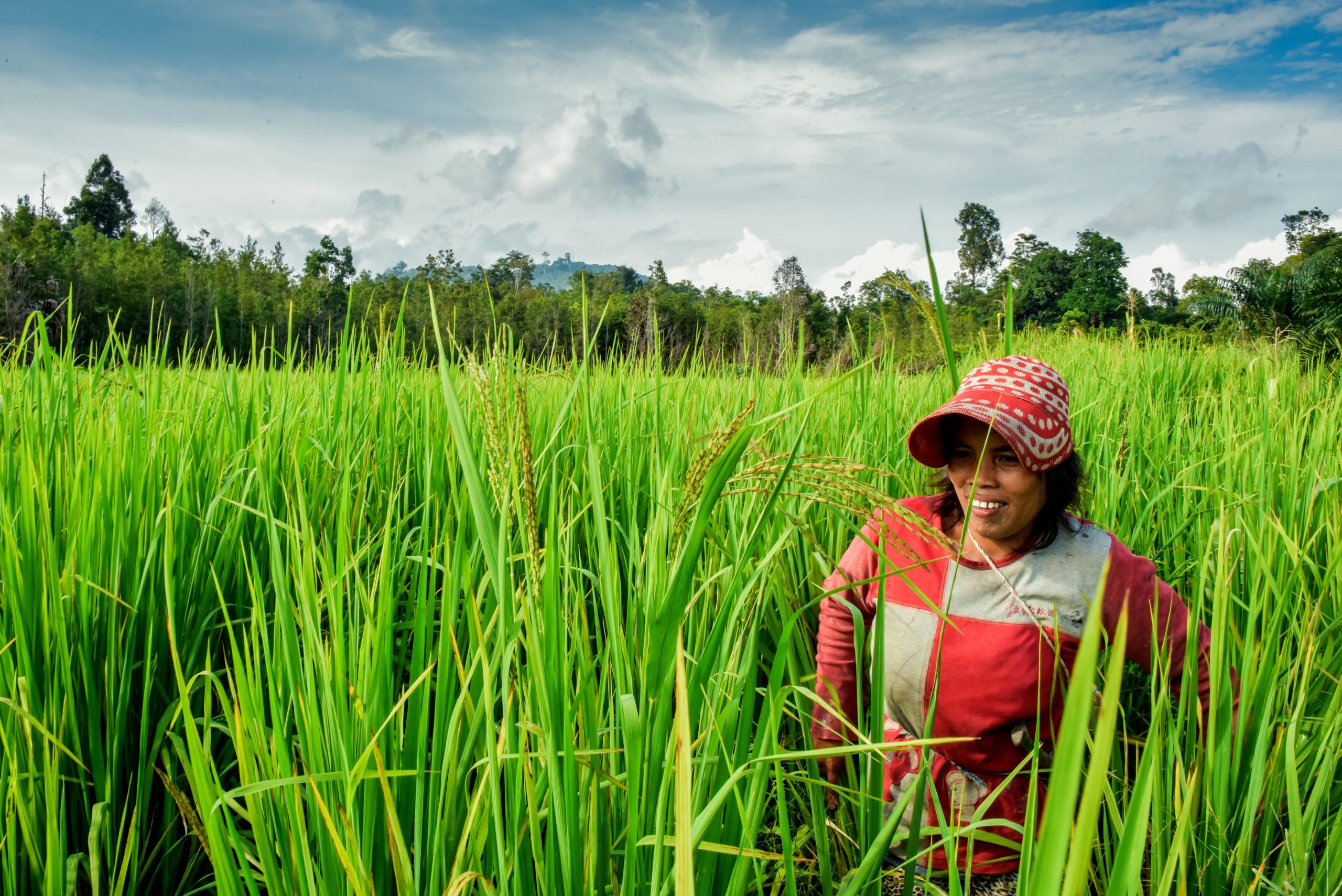
1 See graphic on p.26 in Neeff, T., von Lüpke, H., & Hovani, L. (2018). Cross-Sector Collaboration to Tackle Tropical Deforestation – Diagnosing Backbone Support in Jurisdictional Programs. The Nature Conservancy: Arlington, Virginia.
